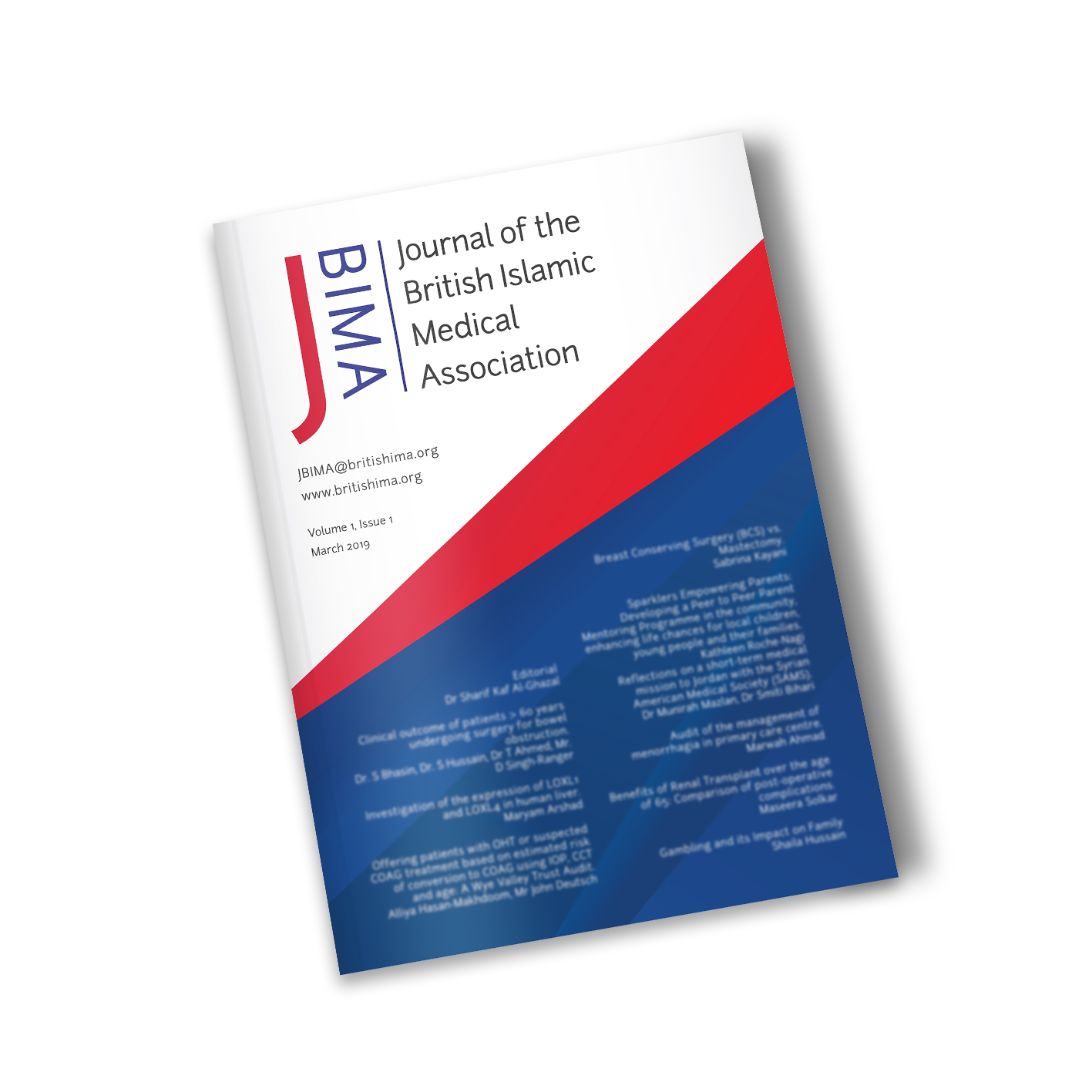
In a pandemic, the greatest determinant of how many people will be affected and how a society will emerge from it is how effectively the leaders are able to lead.
If they are constantly overwhelmed, if they are unable to get the various specialists around the table and to work together as a team, if they are unable to communicate with the public – then the impact of the virus will be multiplied by the impact of the after effects and things will go from bad to worse.
This is why BIMA (the British Islamic Medical Association) exists. To provide a platform, an umbrella body and a vehicle to bring the Muslim healthcare community together and to provide clear and effective leadership.
We’ve been attempting to do this for a number of years but it was never as important or as necessary in February-March of this year.
We realised that the advice from central authorities may be too late, too generic and too poorly communicated to be effective. However, we also realised our own limitations and not going beyond our competency. Hence we worked closely with the Muslim Council of Britain (MCB), the largest umbrella body for Muslim organisations in the UK as well as other organisations ranging from mental health charities like Muslim Youth Helpline (MYH) to charity umbrella organisation like the Muslim Community Forum (MCF).
We also identified with our partners that the crisis will have different impacts that will come to the fore at different times. In the initial wave there will be a healthcare impact and burial impact too, but these will be followed by a mental health impact during lockdown and then a logistical impact for reopening mosques and eventually by a serious economic impact too.
Each of these needed teams working on them from the start that were lead by specialists in the field. This was instituted with the MCB using their organisational and diplomatic skills to help ensure that each group was functional and fit for purpose.
Working along with our communications team and under the guidance of the MCB publicity team, we came up with consistent branding and imaging for our communications so that we could cut through the noise of social media. This was useful for a variety of reasons, but it really allowed us to develop a system of concise, jargon free messaging to communicate with the Muslim public. Where others were relying on long documents or WhatsApp messages that may be lost in the daily deluge on the world’s most popular instant messaging app, we had developed a system that avoided these marketing pitfalls.
There have been many setbacks along the way, but what we have done along with our partners is provide clear, consistent and careful leadership at a time of crisis. Just as the crisis is not over, the need for us to continue providing that leadership is not over. Just as the crisis evolves, our response must do. Just as there can be no room for individuals making decisions that benefit them but jeopardise the collective, similarly we should call against disunity that hampers the ability for us to provide clear and effective leadership to our community.
To see a non-comprehensive list of activities that took place please click here.

